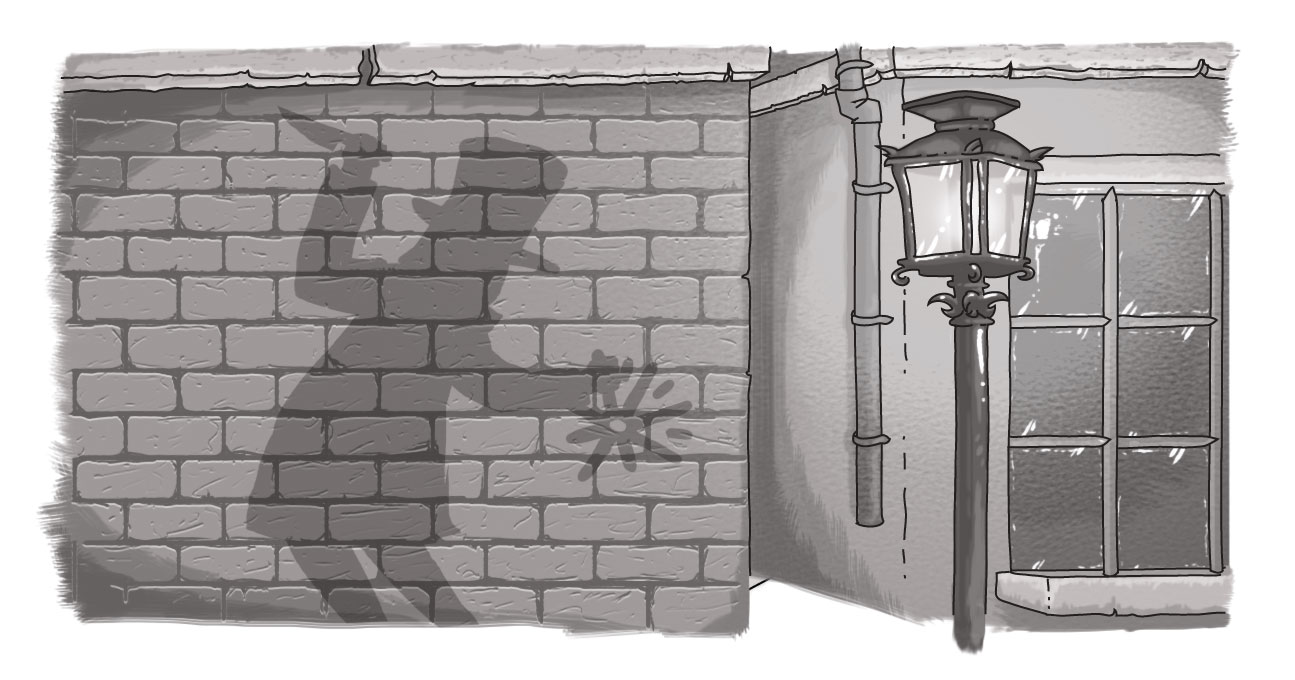Don't Want to Play? Fine, But Be Aware of the Game

You may not want to play the game, but when it comes to your business and the Web, you should at least be aware that the 'game' exists. After all, even if you're not playing you can still lose reputation, sales, and credibility.
Recently, we were exposed to an example of why -- even if you choose not to have a social or on-line presence for your business -- you should monitor your company’s name and brands. The Coles Notes version? People may be saying bad things about you. Even worse? They may be saying bad things, pretending to be you!
(Yes, this is a break from the Digital U for a Digital You series [feel free to catch up on Digital U 101 and 201 at your leisure]).
On Monday, right here in London, ON, a Twitter feed emerged that quickly sent some of the locals all, well, a-Twitter about its content. Purporting to be from a local establishment, the feed quickly displayed all the worst of anonymous behaviour: libel, racism, threats of violence – you name it, the feed posted it.
Within a few hours the Twitter feed was suspended. But the damage was done.
Several local Twitter watchers were incensed with the content: some actually took to engaging with it, threatening lawsuits and reporting it to the police; others assumed it was, at best, a parody and, at worst, totally fake. (Note: I'm consciously not mentioning the aggrieved establishment so that it's not further punished. The specifics aren't as important as the lessons learned in this case).
Some of the confusion arose from the fact that some of the content was plausible. This establishment had been in the news recently for discouraging students from coming – and the early Tweets reflected that belief.
But there was very real anger in the responses. One thing you learn in journalism is that no retraction ever has as much power as the initial offense. Sure, the site may be a fake, but there will be those who will continue to believe what they have read.
There are legal routes that companies can take – humour and parody are acceptable, but there are limits. And not every company has the resources or inclination to pursue this type of action. Most often, parody sites will go to great lengths to ensure the readers know that they are engaging in satire. In this particular case, there was no indication that this was a site intended for parody. This was either a horribly misguided attempt at buzz marketing or it was the work of someone with a significant axe to grind (combined with a stupefyingly overwhelming lack of understanding of the law).
So what can you do? You may not want to maintain a Facebook page or a Twitter feed, but at the very least you should set up a Google Alert (or, if you want to go the non-Google route, here is a 2011 list of social media and brand monitoring tools – though I can’t vouch for all of them, nor am I guaranteeing that they’re all still functional [and still free]).
Set up alerts for your company’s name, or variations of it. If you have a proprietary brand or product, also set alerts for that. You can choose how often you receive them (ranging from as it happens to once a week) and, at the very least, you can monitor the conversation. Do regular searches on social networks for your brand/company name as well.
Who knows? At the very least, you may find out some invaluable information for your company. Knowing what your customers – and potential customers – are saying about you in real-time is an invaluable resource, so even the base-level of monitoring is an investment in your business.
The reality is that those who will actively try to sabotage your brand are few and far between. But there are those who may spread incorrect information, rumours, and innuendo without knowing it. That type of information can be just as damaging to your business and you may choose to respond (see McDonald’s Our Food. Your Questions. site for an example). It's a bit of a social media cliché, but the fact is that the conversations are happening out there -- you have to choose how to respond.
In today’s world, your critics aren’t always bringing their concerns to you; nor are they physically picketing outside your store. They can be thousands of kilometers away – but the damage they can do can be devastating.
It’s your prerogative to not have an on-line presence; but to not monitor what’s being said about your business? That just doesn’t make sense -- or cents.
SUBSCRIBE TO OUR E-NEWSLETTER
 Subscribe
Subscribe


